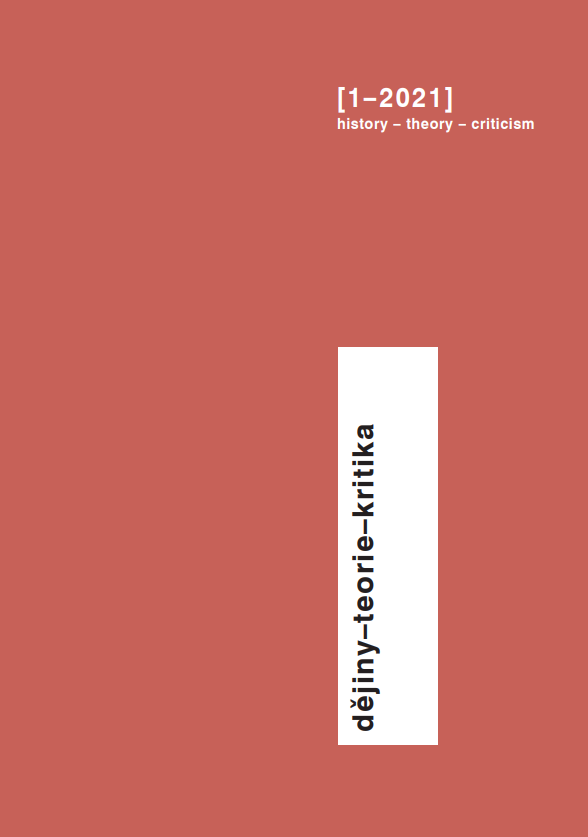Oral History in the Second Decade of the 21st Century: From Reflexivity and Community to Extremes and Covid-19 Pandemic
DOI:
https://doi.org/10.14712/24645370.2923Abstract
This article explores the development of the field of oral history in the 2010s. Drawing on an extensive survey of recent Anglo-American literature, it focuses especially on three aspects in which the Czech oral history arguably differs from the Anglophone field, namely subjectivity and self-reflexivity, shared authority and community, and oral history of crisis and extremes. The author shows that the postmodern focus on narrative and ethnographic practice is still present in works of oral history, where it coexists with oral history’s more traditional documentary mission. Recently, oral historians conducted various community projects and tested the possibilities of sharing authority between researchers and communities. Attention is paid to the new, fast expanding field of crisis oral history, which focuses on documenting witnesses’ stories of mass atrocities and various violent events. In the second part, the article briefly reflects upon the responses of oral historians to the COVID-19 pandemic, which accelerated the fourth, digital phase in the evolution of oral history. Finally, the article explores the reasons behind the invisibility of Czech oral history research in leading Anglo-American journals in this field despite the Czech scholars’ notable achievements such as the presidency of the International Oral History Association. Keywords: oral history, subjectivity, reflexivity, postmodernity, crisis oral history, extremity, COVID-19, coronavirus pandemic, Czech oral history.


